The Fear of Stigma
Are you struggling with the fear of stigma but would like to have the support of a mental health professional to talk to? Here are some things to consider.
Should I worry about having a diagnosis?
Don’t worry too much about the “specter” of having a diagnosis. It is not a label that defines you. It is not set in stone and doesn’t remain relevant forever. Diagnoses are based on statistics of symptoms of people who have felt similarly to the way you do. A diagnosis is used to help a therapist find evidence-based treatments that have worked well and helped other people with struggles similar to yours recover. You don’t have to worry that information about seeing a therapist or diagnostic information will be made public. Mental health professionals are not allowed to talk about their patients in public. Records are confidential, and information will never be released to your family members or employers without your permission.
My Issues Are Too Small or Too Big to Treat
Concerns that your issues are not bad enough to be treated by a therapist or, conversely, that your problems are too strange for a therapist to help with are entirely unfounded. Therapists are trained to be supportive, relatable, and nonjudgmental. We have learned about numerous mental health issues and have seen people with concerns similar to yours many times. No ethical therapist would ever mock or demean your problems or say that you did not deserve therapy or are too much trouble to treat. Therapists are not here to judge. We are dedicated to helping you lead more productive, functional, and happier lives.
Seeking Mental Health Consultation Means I Am Weak or Lazy.
Don’t let fears about being weak or not self-sufficient stop you from seeking professional help. It is not weak but extremely brave to walk through a therapist’s door and reveal experiences that are causing you emotional pain to a stranger. Your therapist will not be a stranger forever. Humans are social beings that thrive on being heard and understood. Getting things out in the open will be helpful.
People Have Told me That Therapists Manipulate and Brainwash People
Worries about being brainwashed, controlled by your therapist, or forever trapped in therapy are also unrealistic. You are ultimately in control of the session, not your therapist. You set the pace and decide what you feel comfortable talking about and when the time is right. You are free to quit and find another therapist if anything they do makes you uncomfortable.
Think of your first appointment as an audition for the therapist. If you don’t feel safety, warmth, and connection, don’t return and find someone else to see.
Your therapist doesn’t want you to become dependent on them and be in therapy forever. Their goal is to get you to the point where you don’t need us and have the tools to manage on your own and live your life as soon as possible. The topic of terminating sessions will come up as soon as you are ready, or you can bring it up yourself.
Eradicating Stigma
Stigma against mental illness lives in media, language, myths, cultural beliefs, and generational attitudes. It can lead to harm and suffering when it interferes with professional treatment. Luckily, recent efforts to address and eradicate mental health stigma are helping people with symptoms choose empowerment over shame.


